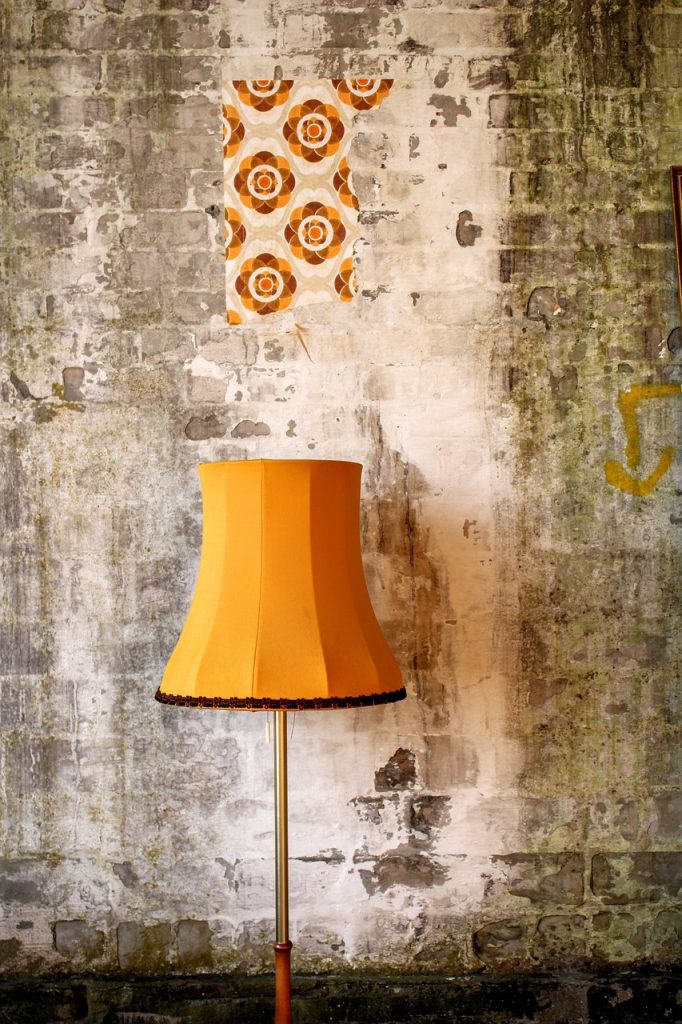When Anton was twenty, he travelled around the world. He liked to visit France the most. He left wife and children at home. In his homeland, he mostly spent his time in pubs. Beer and cigarettes were more important to him than both his daughters.
When Anton was twenty-two, he got divorced. He did not honour his alimony payments. He drank his money away.
When Anton was twenty-six, he saw his daughters for the last time. His ex-wife forbade him any further contact.
When Anton was fifty-five, he had a friend who managed his money and kept most of it for himself. Outside of his working hours, he was drunk. As long as there was enough money for alcohol and cigarettes, he was content, he said.
When Anton was sixty-one, he stopped drinking. That was the time he got to know Frieda. Anton adored Frieda. Frieda had spent her whole life in a small house in the country and had never been interested in alcohol.
When Anton was sixty-two, he moved in to Frieda’s small house in the country.
When Anton was seventy, he had already shown Frieda Paris and London, Brussels, Berlin and Budapest. He had driven her to her relatives in Dessau and walked all around the neighbourhood with her.
When Anton was seventy-one, Frieda became ill. He drove with her to many doctors and hospitals in the area. Anton said: “You are the best thing that ever happened to me. As long as I live, you will not end up in a nursing home.” He drove her to the welfare centre, to the medical insurance office and to all public authorities.
When Anton was seventy-two, he married Frieda. He ran the house for her, vacuumed, did the shopping and cooked the meals. When Anton was seventy-five, Frieda died. He lived another one-and-a-half years. During this time he drank one glass of champagne a day. “For my circulation”, he said, “because the doctor recommended it to me”.



